Trade body Britpave believes high tech concrete roads could eradicate “range anxiety” where electric vehicle (EV) drivers fear running out of charge due to a shortage of charging points.
Britpave chairman Joe Quirke said: “Faced with the lack of trust in manufacturer claims and the lack of an adequate charging network it is little wonder that ‘range anxiety’ is a barrier to more people buying EVs.
“A new approach is required and increasingly the potential of concrete ‘eRoads’ that inductively charge EVs as they travel are being examined.”
Inductive charging is where the EV battery is charged without the need to plug the vehicle into a charging point.
The process is wireless and can be done whilst the EV is on the move or stationary.
Research projects around the world are already pioneering the technology.
Belgium-based Flanders Make has tested the installation and use of inductive charging systems in concrete and asphalt roads.
Primary coil modules to create a magnetic field were installed within the road surface which create an electric current in a secondary coil placed on the vehicle’s undercarriage.
In France, the FABRIC project successfully charged two Renault Kangoos EV with 20Kw at speeds of over 62mph.
In Israel, ElectReon Wireless has successfully charged a Renault Zoe inductively while driving along a 20-metre long section of track equipped with coils embedded in a section of road.
Quirke said: “What is being underlined by the research is the need for the road surface to have long-term durability and minimum maintenance.
“Both are inherent characteristics of concrete roads.”
Other possibilities include making the actual concrete road itself conductive.
Australian-based Talga Resources are mixing graphene into concrete to make it conductive to charge an EV whilst it is driving.
Quirke said: “Concrete eRoads should have a very significant role to play in helping deliver the widespread adoption of electric vehicles and the removal of reliance on fossil fuels.”

.gif)



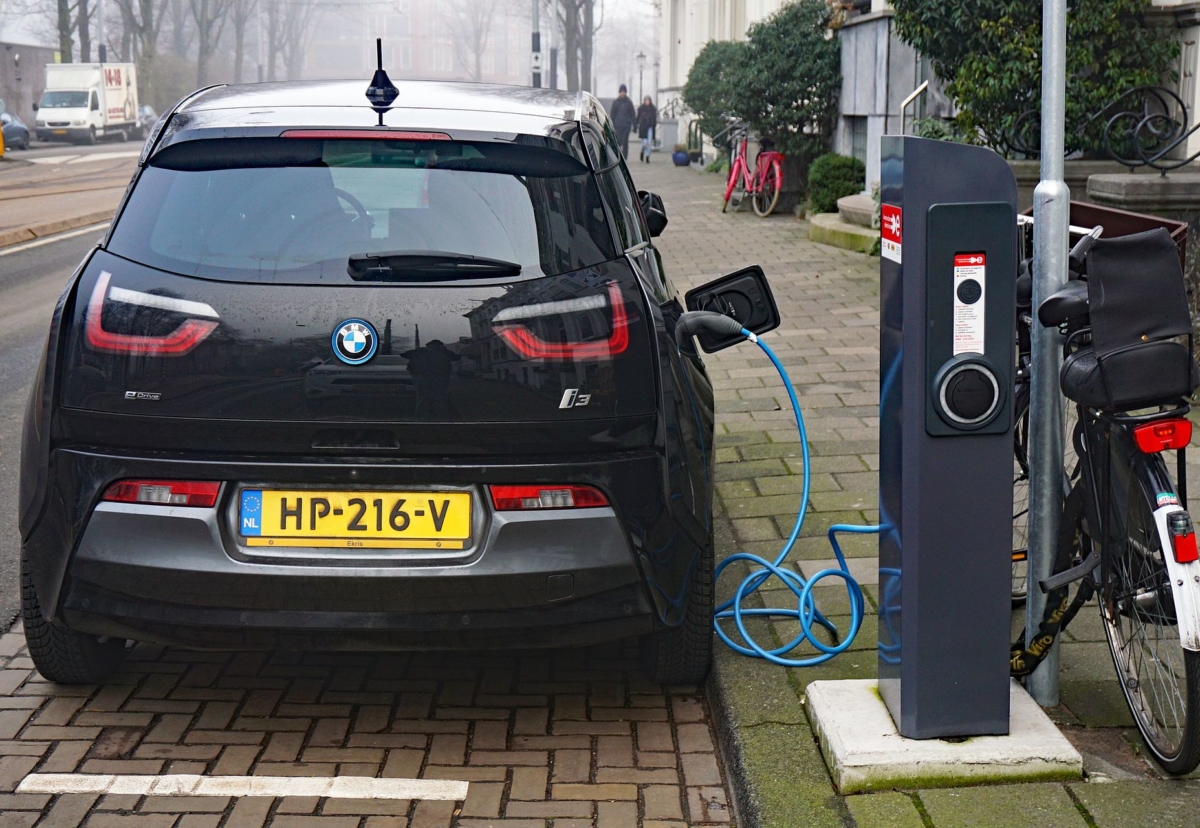







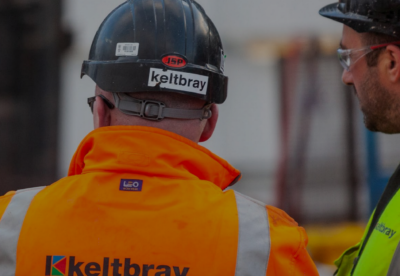


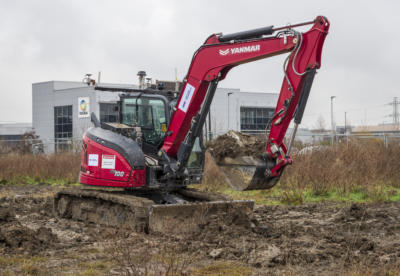




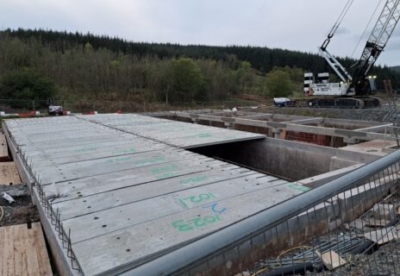



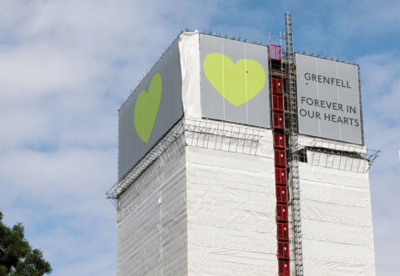









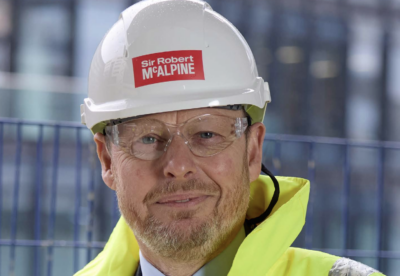


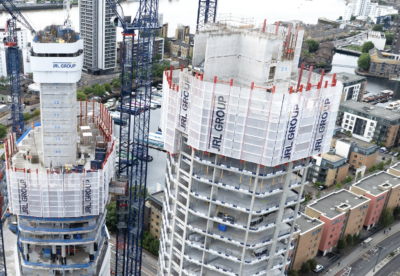


 (300 x 250 px).jpg)



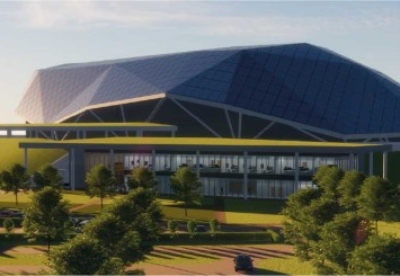

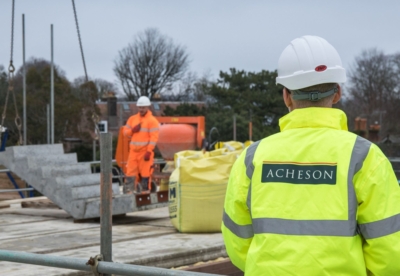



.gif)

